Leading longevity experts emphasize the importance of specific dietary choices for promoting health and extending lifespan. This guide explores key nutritional principles advocated by top longevity leaders, focusing on low glycemic foods, nutrient-dense options, fermented foods, and polyphenol-rich ingredients, providing concrete examples and explaining their significance for overall health and longevity.
Low Glycemic Foods: Managing Blood Sugar for Longevity
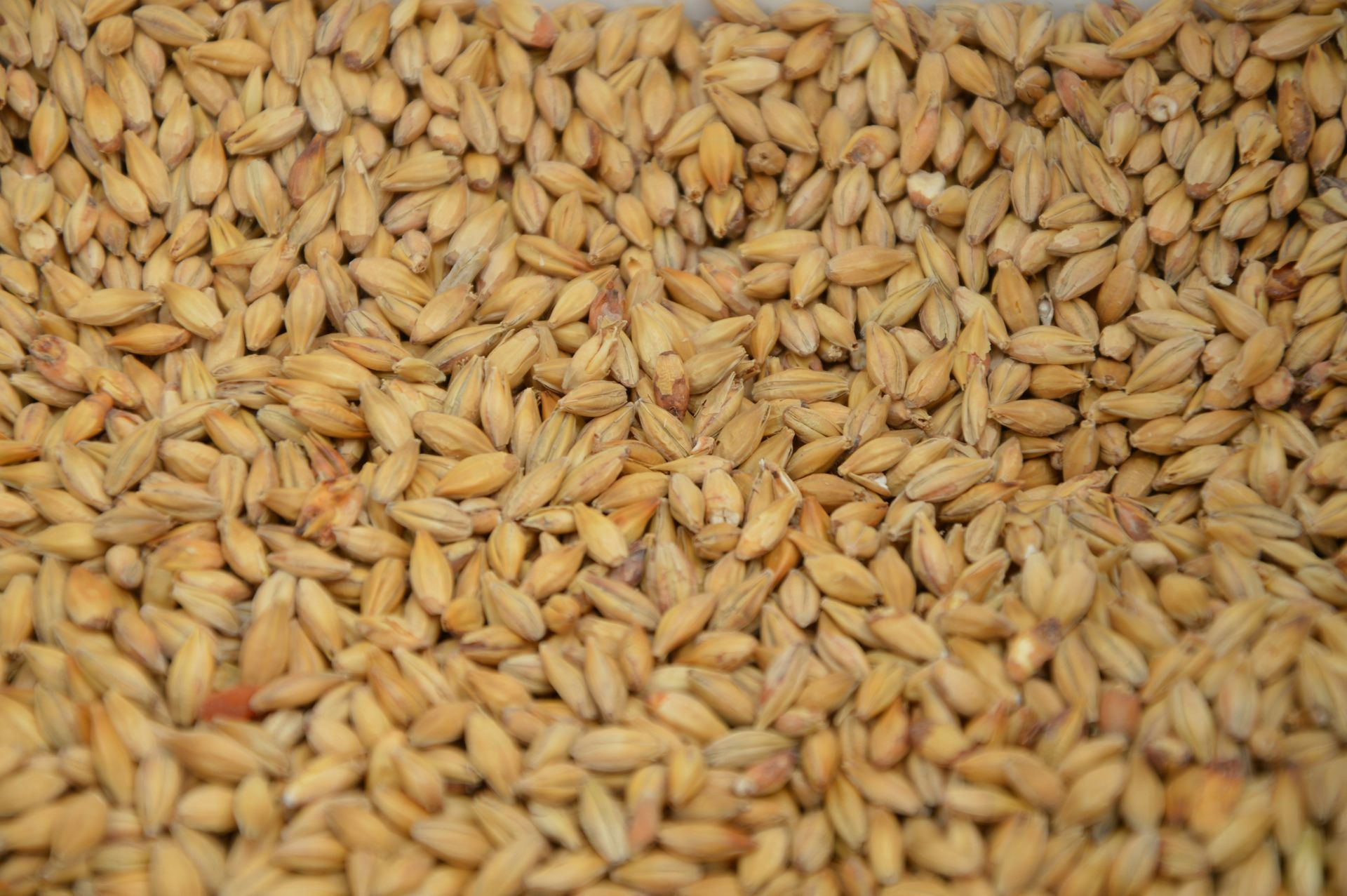
Low glycemic index (GI) foods play a crucial role in promoting longevity and overall health by regulating blood sugar levels and reducing the accumulation of advanced glycation end products (AGEs) in the body. These foods have a slower impact on blood glucose levels, which is beneficial for managing various age-related conditions.
Studies have shown that high glycemic index diets lead to a systemic accumulation of AGEs in the body, which are toxic compounds that cause cellular aging[1][2]. Conversely, low GI diets, such as the Mediterranean diet, are associated with a lower risk of developing age-related diseases like diabetes and cardiovascular disease[1][2].
Examples of low GI foods include:
1. Non-starchy vegetables: leafy greens, broccoli, cauliflower
2. Whole grains: quinoa, oats, barley
3. Legumes: lentils, chickpeas, kidney beans
4. Fruits: berries, apples, citrus fruits
5. Nuts and seeds: almonds, chia seeds, flaxseeds
The benefits of a low GI diet extend beyond blood sugar management. In a study on aged Balb/c mice, a low GI diet intervention starting at 90 weeks of age (equivalent to about 20 months old in humans) resulted in a significant 12% increase in average lifespan compared to the control group[3]. The low GI diet also improved glucose tolerance and had impressive effects on reducing oxidative damage to DNA in white blood cells[3].
Incorporating low GI foods into one's diet can help regulate nutrient influx into the intestine, thereby maintaining stable blood sugar levels[1][2]. This dietary approach not only supports metabolic health but also contributes to healthy aging by reducing the accumulation of glycation-derived AGEs in the body[2].
It's important to note that the benefits of a low GI diet are most effective when implemented consistently over time. While the mouse study showed benefits even with late-life intervention, earlier adoption of a low GI diet is likely to provide more significant improvements in health and longevity, potentially affecting telomere homeostasis and other markers of cellular aging[3].
By choosing low GI foods, individuals can effectively manage their blood sugar levels, reduce oxidative stress, and potentially extend their healthspan and lifespan. This dietary approach aligns with the principles of longevity nutrition, emphasizing the importance of not just what we eat, but also how our food choices impact our long-term health and aging processes.
Nutrient Density: Maximizing Vitamins and Minerals

Nutrient density refers to the concentration of beneficial nutrients in a food relative to its calorie content. Nutrient-dense foods provide a high amount of vitamins, minerals, and other essential nutrients with relatively few calories[2]. This concept is crucial for maintaining optimal health and promoting longevity, as it ensures the body receives necessary nutrients without excess calorie intake.
Nutrient-dense foods typically include:
1. Leafy greens: Kale, spinach, collards
2. Cruciferous vegetables: Broccoli, cauliflower, Brussels sprouts
3. Berries: Blueberries, raspberries, strawberries
4. Wild-caught fish: Salmon, sardines
5. Organ meats: Liver
6. Eggs
7. Nuts and seeds
8. Legumes
9. Whole grains
10. Herbs and spices[2][4]
These foods are rich in essential vitamins, minerals, antioxidants, and other beneficial compounds. For example, leafy greens are high in vitamins A, C, K, and folate, while also providing minerals like iron and calcium[2]. Wild-caught fish offer omega-3 fatty acids, high-quality protein, and vitamin D[2].
The importance of nutrient density in promoting health and longevity is multifaceted:
1. Micronutrient sufficiency: Nutrient-dense foods help prevent deficiencies in essential vitamins and minerals, which are crucial for various bodily functions and overall health[3].
2. Calorie control: By focusing on nutrient-dense foods, individuals can meet their nutritional needs without consuming excess calories, supporting weight management and reducing the risk of obesity-related diseases[3].
3. Reduced inflammation: Many nutrient-dense foods, particularly fruits and vegetables, contain anti-inflammatory compounds that can help protect against chronic diseases associated with aging[2].
4. Improved metabolic health: A diet rich in nutrient-dense foods can help regulate blood sugar levels, improve insulin sensitivity, and support overall metabolic health[3].
5. Enhanced cellular function: The high concentration of antioxidants and other beneficial compounds in nutrient-dense foods can support cellular health and potentially slow the aging process[2].
To incorporate more nutrient-dense foods into the diet, individuals can make simple swaps, such as choosing whole grains over refined grains, opting for a variety of colorful fruits and vegetables, and including lean proteins and healthy fats in meals[3][5]. Reading nutrition labels and comparing the nutrient content of foods can also help in making more nutrient-dense choices[3].
It's important to note that some nutrient-dense foods can also be energy-dense, such as nuts, seeds, and avocados[4]. While these foods are healthy, portion control is still important to maintain a balanced diet.
By prioritizing nutrient-dense foods, individuals can ensure they're getting the most nutritional value from their diet, supporting overall health, and potentially extending their healthspan and lifespan.
Fermented Foods: Boosting Gut Health and Immunity
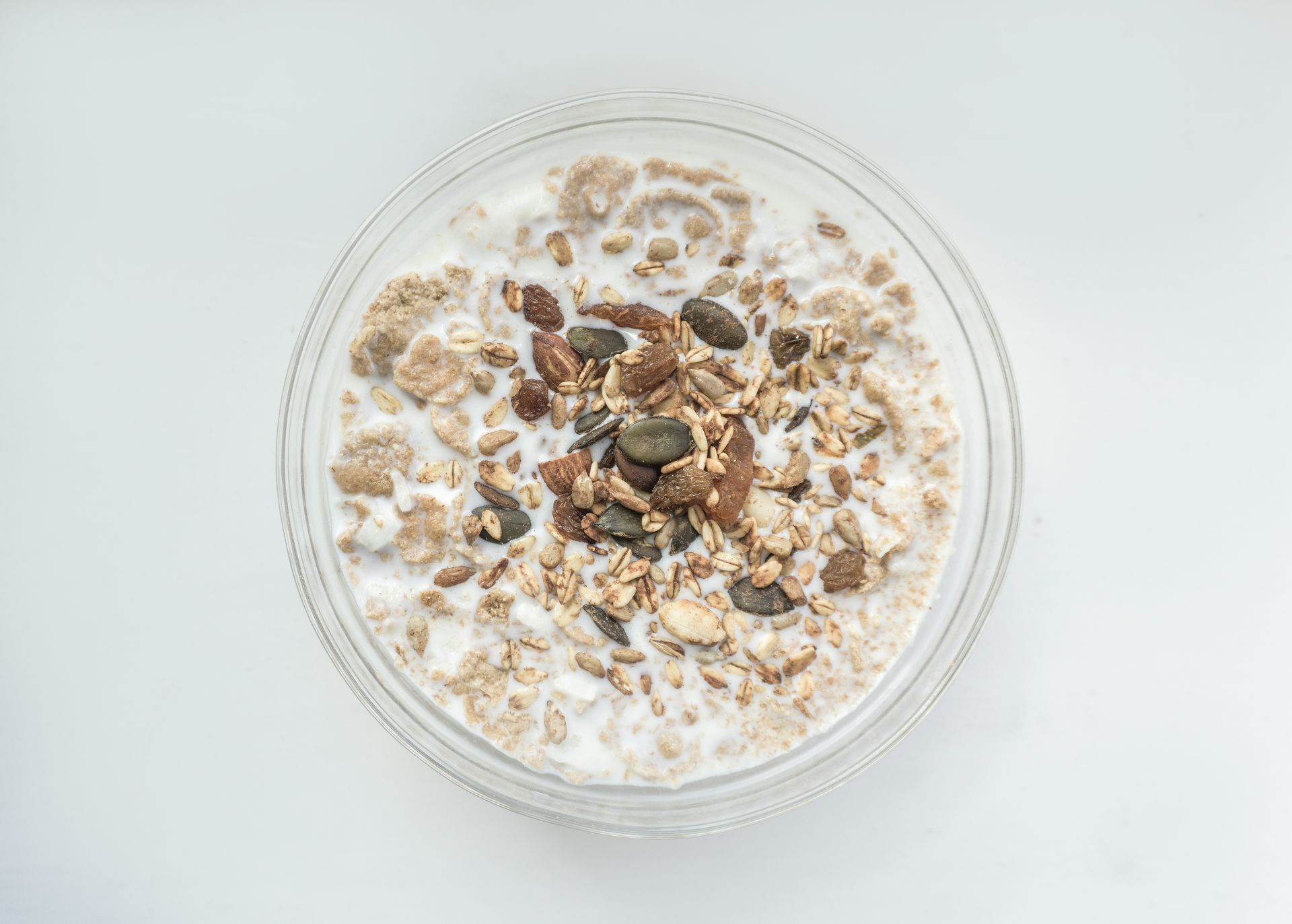
Fermented foods play a crucial role in promoting gut health and boosting immunity, making them an essential component of a longevity-focused diet. These foods are created through controlled microbial growth and enzymatic conversions of food components, resulting in products rich in beneficial bacteria and bioactive compounds.
Fermented foods offer several health benefits:
1. Enhanced gut microbiome diversity: A Stanford University study found that a diet high in fermented foods increases the diversity of gut microbes, which is associated with better health outcomes[3]. This diversity is crucial for maintaining a robust immune system and overall well-being.
2. Reduced inflammation: The same Stanford study observed that consuming fermented foods led to decreased levels of 19 inflammatory proteins in the blood, including interleukin 6, which is linked to conditions such as rheumatoid arthritis, Type 2 diabetes, and chronic stress[3].
3. Improved nutrient absorption: The fermentation process can break down anti-nutrients, making minerals and other nutrients more bioavailable[4].
4. Potential immune system modulation: Fermented foods may help regulate immune responses, potentially reducing the risk of allergies and autoimmune disorders[1].
Some of the most beneficial fermented foods include:
1. Yogurt: Rich in probiotics, yogurt can improve digestion and boost immune function[2][5].
2. Kefir: This fermented milk drink contains a more diverse range of beneficial bacteria and yeasts than yogurt, offering enhanced gut health benefits[2][5].
3. Kimchi: A Korean staple, kimchi is made from fermented vegetables and is high in probiotics, vitamins, and antioxidants[2][3].
4. Sauerkraut: Fermented cabbage that is rich in probiotics and fiber[2][5].
5. Kombucha: A fermented tea beverage that contains probiotics and antioxidants[2][5].
6. Miso: A fermented soybean paste used in Japanese cuisine, rich in probiotics and minerals[2][5].
7. Tempeh: Another fermented soy product that is high in protein and probiotics[4][5].
8. Natto: A traditional Japanese dish of fermented soybeans, exceptionally high in vitamin K2 and beneficial for bone health[4].
To incorporate fermented foods into your diet, start with small amounts and gradually increase intake. For example, you could add a tablespoon of sauerkraut to your salad, enjoy a small serving of yogurt with berries, or include miso in soups and dressings[1].
It's important to note that while fermented foods offer numerous health benefits, they should be part of a balanced diet that includes a variety of other nutrient-dense foods. Additionally, individuals with compromised immune systems or certain health conditions should consult with a healthcare provider before significantly increasing their intake of fermented foods[1].
By regularly consuming a variety of fermented foods, individuals can support their gut health, enhance their immune function, and potentially contribute to their overall longevity and well-being.
Polyphenol-Rich Superfoods
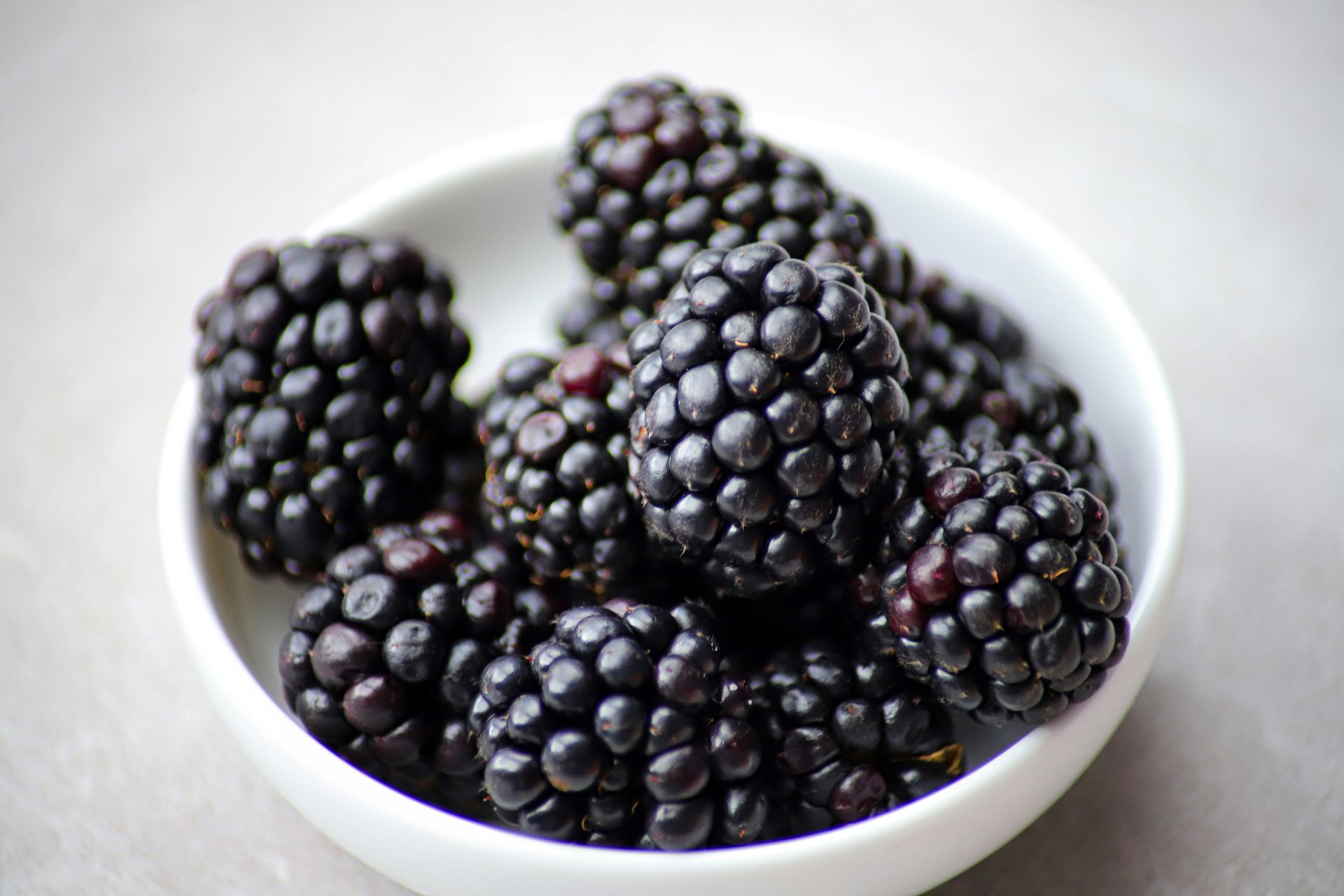
Polyphenol-rich foods are an essential component of a longevity-focused diet due to their potent antioxidant and anti-inflammatory properties. Polyphenols are organic compounds found in many plants that have been linked to numerous health benefits, including boosting cognitive function, supporting immune health, and preventing chronic diseases[3].
Some of the best sources of polyphenols include:
1. Berries: Blueberries, strawberries, raspberries, and blackberries are excellent sources of polyphenols, particularly flavonoids[3][4].
2. Dark Chocolate and Cocoa: These contain high levels of flavonoids. Dark chocolate with at least 70% cacao content is recommended for maximum benefits[3][4].
3. Herbs and Spices: Cloves, peppermint, cilantro, sage, rosemary, and thyme are among the top sources of polyphenols[3]. Turmeric, when combined with black pepper, offers enhanced absorption of its beneficial compounds[3].
4. Coffee and Tea: Both beverages are rich in polyphenols, particularly flavonoids[3][4].
5. Nuts and Seeds: Almonds, walnuts, and flaxseeds are good sources of polyphenols[3].
6. Olives and Olive Oil: Black olives contain 569 mg of polyphenols per 100g, while extra-virgin olive oil provides 62 mg per 100 ml[4].
7. Apples: While not as high in polyphenols as berries, apples are still a good source and are widely available[3].
8. Vegetables: Globe artichokes (260 mg/100g), red chicory (235 mg/100g), red onions (168 mg/100g), and spinach (119 mg/100g) are among the vegetables highest in polyphenols[4].
9. Beans: Black beans (59 mg/100g) and white beans (51 mg/100g) are good sources of polyphenols[4].
10. Soy Products: Soy flour (466 mg/100g), tempeh (148 mg/100g), and soy yogurt (84 mg/100g) are rich in polyphenols[4].
The importance of polyphenols for health and longevity is multifaceted:
1. Antioxidant Effects: Polyphenols help fight free radicals in the body, reducing oxidative stress and cellular damage associated with aging and chronic diseases[2][3].
2. Anti-inflammatory Properties: Many polyphenols have been shown to reduce inflammation, which is linked to various age-related diseases[2][3].
3. Cardiovascular Health: Regular consumption of polyphenol-rich foods has been associated with improved heart health and reduced risk of cardiovascular diseases[2].
4. Cognitive Function: Some studies suggest that polyphenols may help protect against cognitive decline and neurodegenerative diseases[2].
5. Cancer Prevention: Certain polyphenols have shown potential in inhibiting cancer cell growth and spread[2].
6. Gut Health: Polyphenols can act as prebiotics, promoting the growth of beneficial gut bacteria[2].
To maximize the benefits of polyphenols, it's recommended to consume a variety of polyphenol-rich foods rather than focusing on a single source. This approach ensures a diverse intake of different types of polyphenols, each with its unique health benefits[3][4].
It's important to note that while polyphenol supplements are available, it's generally best to obtain these compounds from whole foods. Whole foods provide a complex mix of nutrients that work synergistically and are more easily absorbed by the body[4].
By incorporating a range of polyphenol-rich foods into your diet, you can potentially enhance your overall health and contribute to increased longevity. Remember that the benefits of these foods are most pronounced when they're part of a balanced, varied diet rich in plant-based foods[2][3][4].



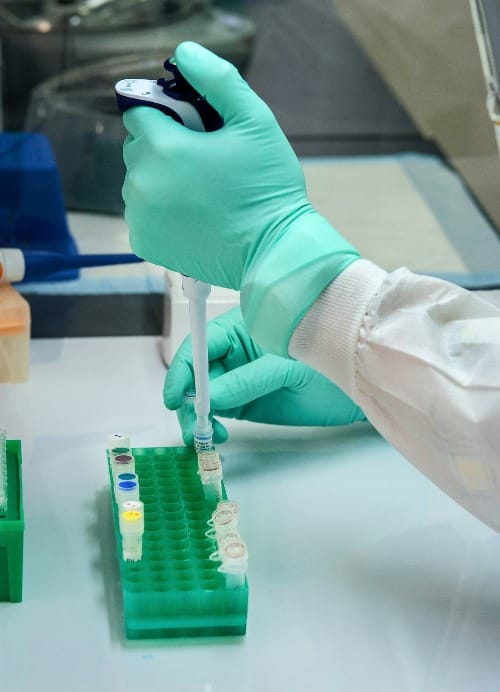


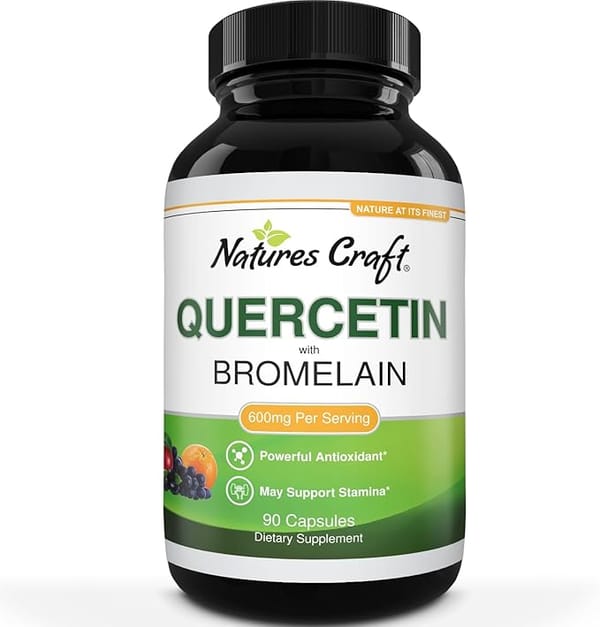







Member discussion